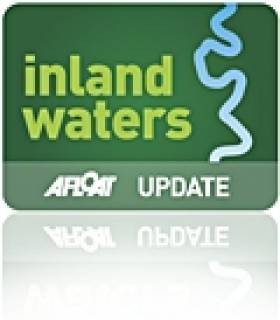Displaying items by tag: Plot 8
Future of Graving Docks in Limbo as Plot 8 is Transferred to NAMA
#INLAND WATERWAYS - The site of the former graving docks at Grand Canal Dock has been transferred to NAMA in a deal which frees the Dublin Docklands Development Authority (DDDA) from a €29 million plus bank guarantee.
Plot 8 at Sir John Rogerson's Quay is one of a suite of nine sites that have been transferred to the Government's 'bad bank' in a negotiated loan settlement that extricates the Docklands body from loan guarantees given by banks that financed the "disastrous" Dublin Glass Bottle site deal in 2006.
Sites handed over in the deal include the former 'U2 Tower' and the historic BJ Marine premises on the banks of the Liffey, as well as the aforementioned Dublin Glass Bottle site.
The Dublin branch of the Inland Waterways Association of Ireland (IWAI) had been hoping to embark on a restoration of the graving docks at Plot 8 to their former working order (a detailed history of the docks and restoration plans is available HERE).
This project had been given the blessing of the DDDA and Waterways Ireland, which owns the freehold lease on the site, with a view to its restoration helping to fund the Ulster Canal scheme.
However with the transfer of the DDDA's interest in the site to NAMA, the authority has now withdrawn permission for the IWAI to do any restoration work, leaving the future of the graving docks in limbo.
























































